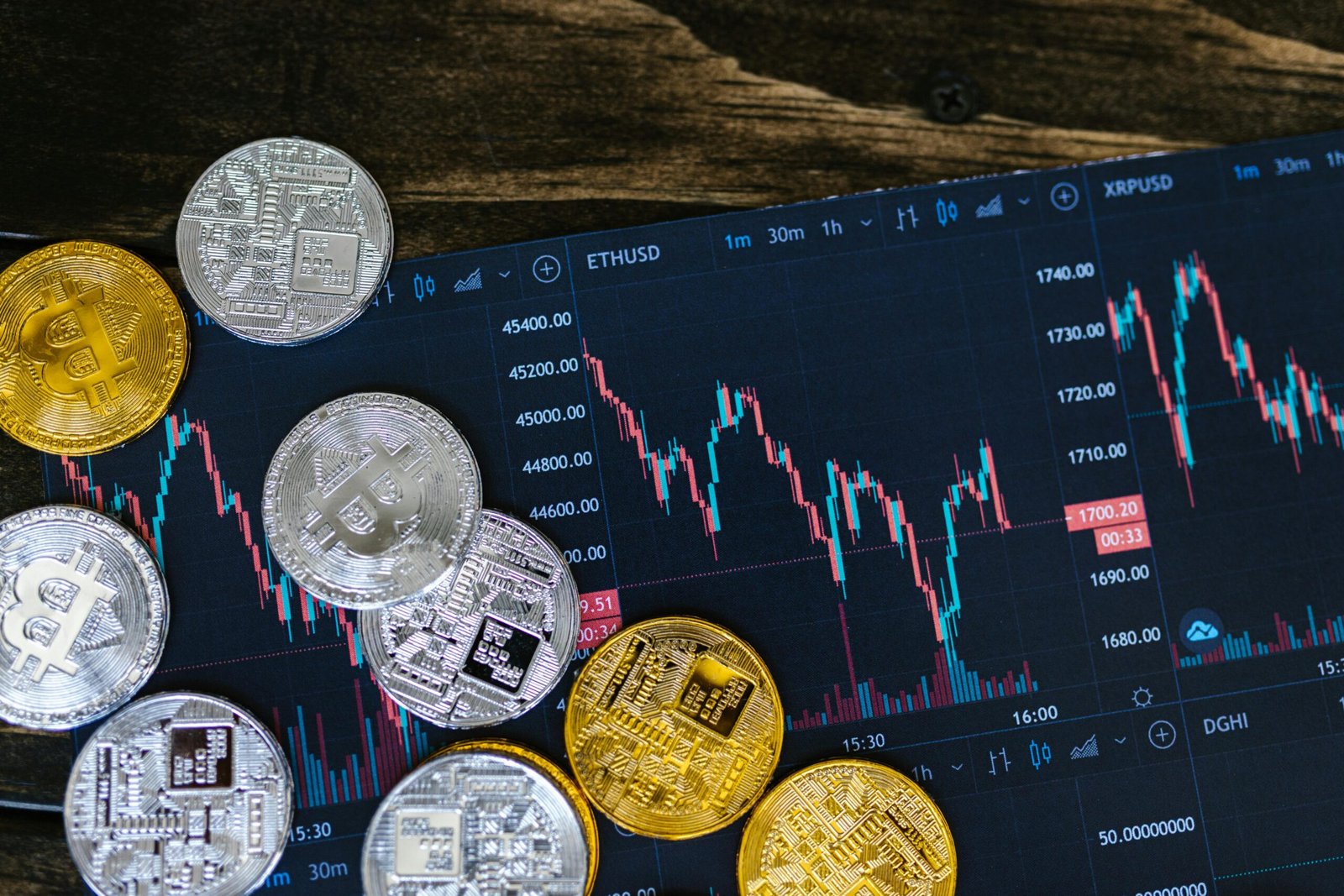Cross Currency Trading
Introduction:
Cross currency trading is an exciting way for traders to broaden their portfolios and delve into new paths of the foreign exchange market. Cross currency trading is different from the U.S. dollar traditional currency pairs in that both currencies traded are not U.S. dollars. This marketplace allows multiple currencies to be paired up based on which pairings can benefit from changes to the international economies. In this article, we take a deep dive into what cross currency trading is all about and also look at advantages, disadvantages and how to start.

Analyzing Cross Currency Pairs
Given that the US Dollar is involved in 85% of all Forex trades, it makes it easy to understand why Especially considering that any currency pairing has an approximate 15% chance to have USD on one side. What happens in a cross currency trading is when traders are using these forex pairs excluding U. S dollar. This means that if they were, for example, going to trade EUR/USD (Euro/US Dollar), then they would likely have also traded:EUR/GBP (Euro/British Pound) or GBP/JPY (British Pound/Japanese Yen)
As our world continues to become more connected, cross currency pairs have grown in popularity. This may provide a distinctly unique opportunity when trading these pairs; this is because of the different economic policies and conditions that influence currencies in each region. Moreover, as cross currency pairs bypass America, they might also help traders that wish to mitigate the risk since it hedged against the vicissitudes of the U.S. economy.
Cross Currency Trading — Why?
Some of the pros associated with cross currency trading for traders, both novices and experts. Key Advantages:
Cross-currency trading allows for diversification of the exposure. Because they are not dependent on the power of the dollar, these trades open up much bigger access to markets that may possibly offer you new possibilities.
Cross Currency Pairs: Cross currency pairs usually have higher volatility that provides more trading opportunities. This is, for instance, one of the reasons why currency pairs are highly volatile and range from fast movers such as GBP/JPY which attract day traders due to price swings taking place in short periods.
Market Efficiency: The Forex market is the fairest financial market around the world, working 24/5. It also allows traders to enter the market at different times depending on economic news and how the market conditions are in some specific area, which is exactly why cross currency pair trading can be key to enter a particular trade.
Hedging Strategy: Cross currency pairs are commonly used in a hedging strategy, a practice in which traders can mitigate potential losses in one currency pair by gaining exposure to another. As an example, should a trader worry that the U.S. bucks is getting weaker, he could buy EUR/GBP as well as spread his danger across other markets.
Cross Currency trading risks
Cross currency trading has a lot of benefits to offer, but it also comes with certain risks beams. Some of these risks include:
Volatility: Volatility is an experienced trader best friend but also their worst enemy and can wreak havoc in the inexperienced. These five-cross currency pairs have less liquidity than those in the major pair category, which means you may experience sharp price movements inexplicably owe to lack of attention and finally end up with huge losses due to unpredictable rate shifts.
Without a central exchange, traders can’t know for certain the price at which exchanges can be executed until after the transaction has occurred due to delays. *The rate of failed trades compared to legitimate transactions remains undetermined* → Liquidity: The broker is unlikely to have sufficient liquidity (i.e., buyers and sellers) in a currency pair because quotes are often provided by one or two banks opposed to multiple providers. But one thing to keep in mind is that some cross currency pairs, mostly exotic ones, have usually less liquidity. It can lead to wider spreads, and thus higher trading costs.
The political economy: The strength of these two countries plays a vital part in determining the strength of its currency. This makes these trades riskier, because if there is a sudden change in government policy, interest rates or political instability in one of the countries the currency values can swing wildly.
Complexity; to trade in cross currency investor must be aware of multiple economies because trading in two economies require a constant updating of the political and economic development from not just one country but from the two countries. This makes cross currency trading relatively complex relative to trading with major currency pairs.
A Guide on Cross Currency Trading
If you, as a trader wish to start cross currency trading then the first need of yours is to select a Forex Broker which provides various currency pairs to deal with. Some research into brokers is necessary to make sure they offer competitive spreads, good trading platforms and plenty of educational material.
Furthermore, a strong trading plan which includes technical and fundamental analysis is critical for success. Forex charts and price patterns; political, economic factors (such as interest rates) which may affect currency values are included in these two types of analysis. A mixture of both methods is ideal in cross currency trading.
Risk ManagementWhen it comes to Cross currency trading, risk management is another vital aspect. Given the increased volatility and complexities of these trades, it is crucial for you to establish specific stop-loss as well as take-profit levels. This will ensure that traders should be ready to move their positions depending on the market state.
Conclusion
All in all, there are many lucrative opportunities trading cross currency you just need to be aware of difficulties and prons which come with that. Through a proper comprehension of these dynamics, such as diversification, volatility, and hedging benefits offered by the trades that can help you unlock new potential in your portfolios. Cross currency trading provides an appealing and profitable path for traders seeking to expand their horizon out of conventional cash pairs in the vibrant forex market.
